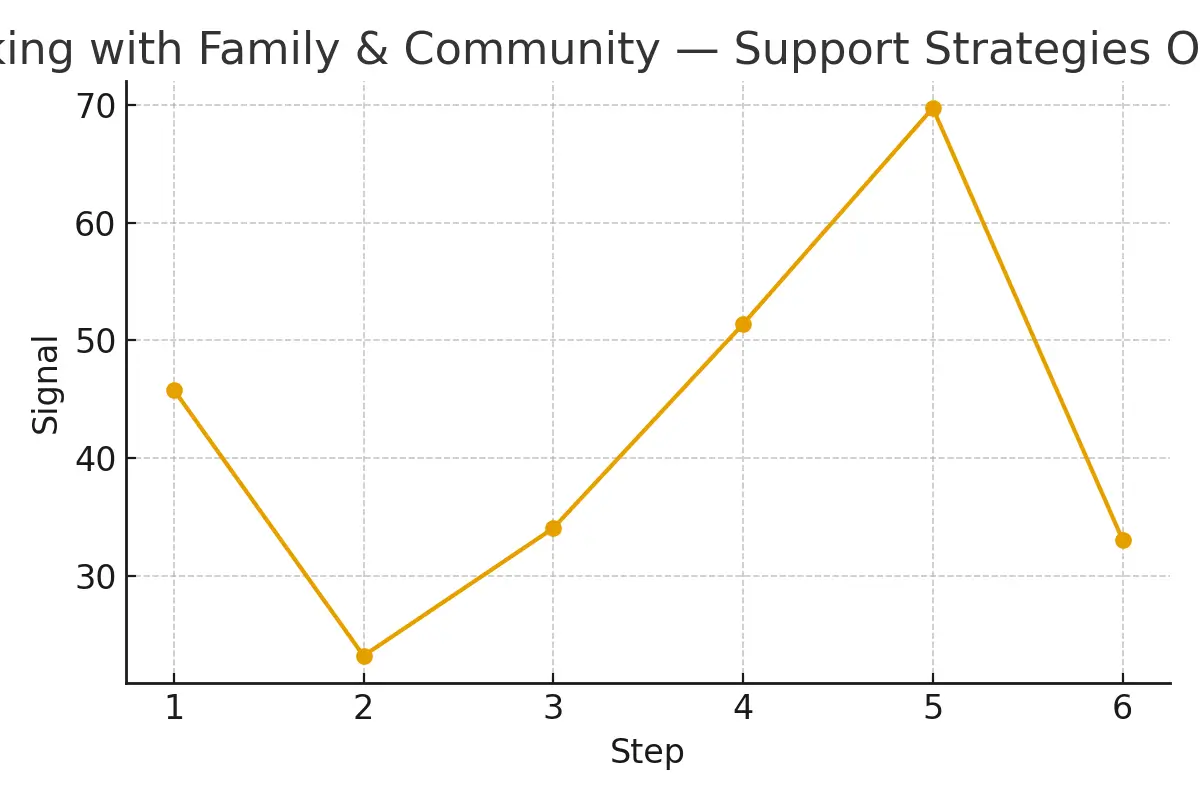
This article explains how to engage family, friends, and community when building your LGBTQ+ family. It highlights the choices that directly affect outcomes, budgets, and timelines, so you can move forward with clarity and confidence.
What It Is
Support strategies in plain English: how open communication with family and community fits into your family-building journey, what it changes, and how early planning shapes smoother downstream experiences.
Who It Helps
- Good fit: Families who want stronger emotional, logistical, or financial support from loved ones.
- Consider different approaches: If privacy, safety, or cultural differences may make disclosure stressful or risky.
Step-by-Step
- Assess readiness — decide what you’re comfortable sharing.
- Plan language — simple, consistent messaging avoids confusion.
- Choose timing — share news at natural checkpoints (lab results, embryo transfer, legal milestones).
- Set boundaries — clarify what’s private vs what can be shared.
- Revisit regularly — update family/community as needed, or adjust strategy if stress increases.
Pros & Cons
Pros
- Emotional and practical support
- Reduced isolation during treatment
- Potential financial contributions
Cons
- Risk of judgment or misunderstanding
- Privacy concerns
- Possible added stress if expectations misalign
Costs & Logistics
- Time investment: planning conversations, emotional labor
- Possible savings: family support may reduce childcare or travel costs
- Risks: lack of clarity can create conflicts that indirectly affect timelines and budgets
What Improves Outcomes
- Practicing conversations with a partner or counselor first
- Using neutral, fact-based language when explaining medical or legal steps
- Setting clear expectations for involvement (financial, childcare, emotional support)
- Having backup community or peer support if family is unsupportive
Case Study
One couple feared disclosing their surrogacy plans to parents. They drafted a script with their counselor, explained the legal/medical process simply, and set boundaries about finances. Instead of conflict, they received encouragement and a small financial gift that helped cover legal fees.
Mistakes to Avoid
- Sharing too much detail before you feel ready
- Assuming family will automatically understand complex processes
- Leaving out cost, timing, or legal realities when discussing support
- Forgetting to set boundaries (who can share news and when)
FAQs
Q. Should I tell my family early or wait until later in the process?
Ans : It depends. Early disclosure can bring support sooner, but waiting until milestones are reached may reduce stress.
Q. How do I handle negative reactions from family?
Ans : Prepare by practicing responses, leaning on chosen family or community support, and setting boundaries around what you will and won’t discuss.
Q. Can involving family actually reduce costs?
Ans : Yes. Some families provide financial help, childcare, or housing support during treatment, which can ease budget pressures.
Q. What if my family doesn’t understand the medical or legal terms?
Ans : Use simple, plain language (e.g., “the doctor will help us match with an egg donor”) and provide written resources or clinic handouts.
Q. Is it okay to keep my journey private from family?
Ans : Absolutely. Many people choose privacy for safety, cultural, or personal reasons. Support can come from friends, community, or peer groups instead.
Next Steps
- Book a free 15-min nurse consult
- Upload your labs for a personalized plan
- Get a cost breakdown tailored to your journey
Strong family and community support can make your path less stressful, but it’s equally valid to set boundaries and lean on chosen family when needed.

Dr. Kulsoom Baloch
Dr. Kulsoom Baloch is a dedicated donor coordinator at Egg Donors, leveraging her extensive background in medicine and public health. She holds an MBBS from Ziauddin University, Pakistan, and an MPH from Hofstra University, New York. With three years of clinical experience at prominent hospitals in Karachi, Pakistan, Dr. Baloch has honed her skills in patient care and medical research.





